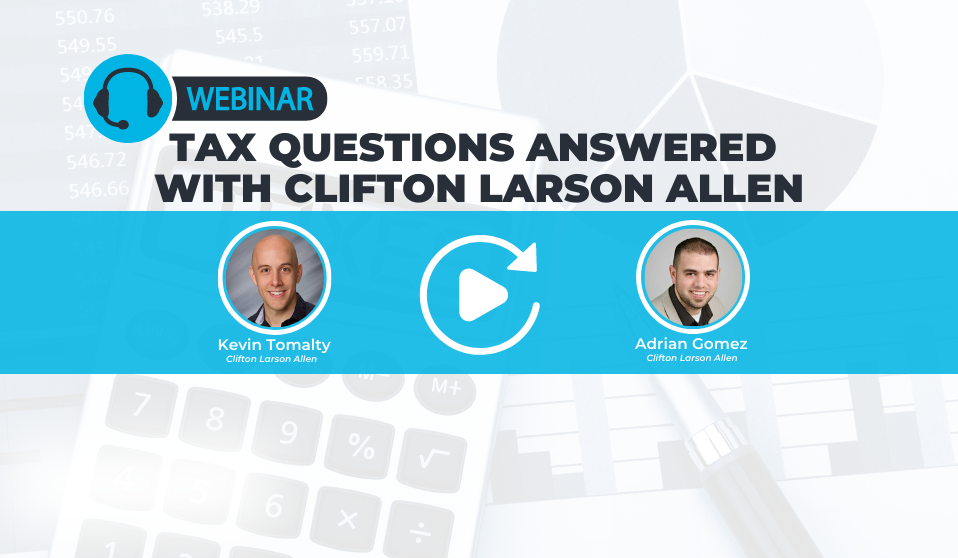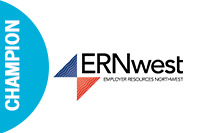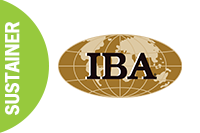Kevin Tomalty and Adrian Gomez of the professional services firm of CLA presented a webinar to discuss business taxes recently with the Washington Hospitality Association. You can find the replay and the slideshow available on all our channels.
Entity selection
When you start your own business, you must choose an entity for reporting to the IRS.
“The big opportunity here is to save on self-employment tax,” Tomalty said. “Your simple default status if you start a restaurant or a business of any type, you’re going to become a sole proprietorship.”
In Washington state a sole proprietorship is just that: you. Tomalty said that these are very simple to set up, but the downside is that you have to pay self-employment tax, which is essentially a 15% surtax on the first $160,000 of your profit. You will pay income tax and self-employment tax on top of that.
An LLC is not a tax designation. There are tax implications, but an LLC does not change the way your business is taxed.
The next is a partnership when you have multiple owners. These are also easy to set up but they can also become complex with active and passive partners.
“If you have a general partnership all the income is subject to self-employment tax,” Tomalty said. “But if you can come up with a limited partnership where you’ve got passive owners, you can basically move a lot of income to passive owners and avoid the self-employment tax.”
He said he recommends S-Corps to a lot of people because they are still simple, but you can save a lot of money on the self-employment tax piece.
FICA tip credit
The FICA tip credit is Form 8846, which relates to something you are probably already doing.
“The tip credit is basically claiming a credit for the employers’ Social Security and Medicare tax that you are already paying on the tips that your employees are already receiving,” Gomez said.
Keep accurate records of employee tips, including any tips received through electronic payment systems, to ensure they can properly claim the credit.
Automatic gratuities do not count as tips.
The credit is 7.65% of the tips paid or the employer’s share of FICA.
Work Opportunity Tax Credit (WOTC)
The Work Opportunity Tax Credit incentivizes employers to hire select individuals. The slideshow has a more comprehensive list, but employers can get a tax credit for hiring unemployed, disabled veterans, long-term unemployment recipients, qualified ex-felons and more.
Employers can receive up to $9,600 per eligible employee, depending on many factors, and the credit applies to new hires only.
“There are some timing thresholds related to this,” Gomez said.
You must file an application within 28 days of the employee’s start date.
Washington capital gains tax
This tax was presented and was stalled until it went to the Washington Supreme Court. It took effect Jan. 1, 2022.
“It really is focused on people who make a lot of money and who have significant capital gains,” he said, but this could come into play in succession planning. It only applies to individuals.
It is a 7% tax on long-term capital gain as reported on a federal tax return. There is a $250,000 standard deduction. There is a qualified family-owned business deduction and there are several exemptions, including real estate and personal property.
There are also credits for paid B&O taxes and taxes paid in other states. See your tax professional for more information.



















![Webinar replay! [Ask a Lawyer] Best hiring practices](https://wahospitality.org/wp-content/uploads/2024/05/CatherineHiring-webinar-150x150.png)









